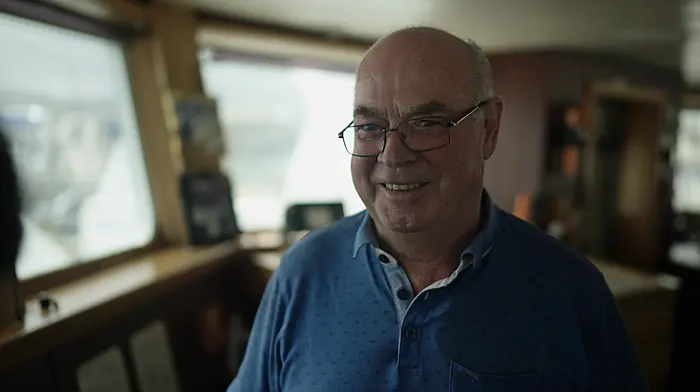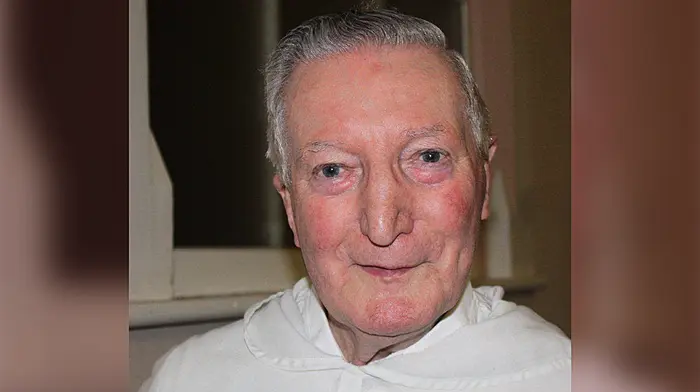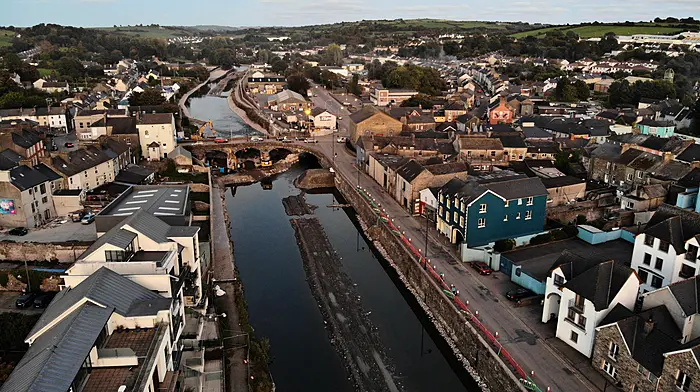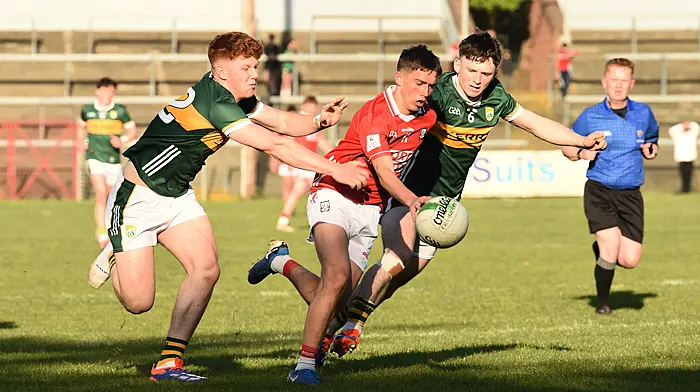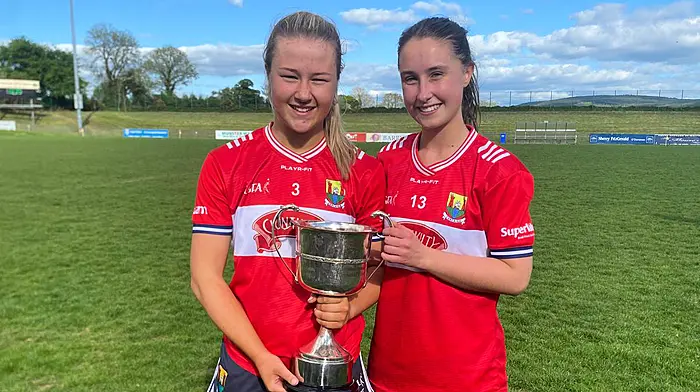THIS weekend is a very special one for the committee at Béal na Bláth who have been building up for many months, indeed years, for the 100th anniversary of the death of General Michael Collins on the unassuming quiet country road outside Crookstown.
Most people who pass by this leafy part of the county where many journeys to West Cork begin, don’t often stop to think about the event which was such a turning point in Irish history, 100 years ago this week.
For hundreds of commuters, the village is a well-known pit-stop for refuelling, or a welcome end to the notoriously windy road which links it with the main N22 into Cork.
But for many more of us, it’s hard to pass the infamous landmark without thinking of the tragic events of August 22nd 1922, just a few hundred yards further up the road.
This weekend will see the village playing host to thousands of visitors, and it will also create it own piece of history as both the leader of Fine Gael and his counterpart in Fianna Fáil take the stage together to deliver the annual oration.
One cannot help but wonder what the General himself would make of such a coupling. While some see it as a great sign of political progress in the century that has passed since Collins’ murder, others point to it as yet another example of how close our two main political parties have become, and wonder why they won’t consummate such an obvious union permanently!
But, however you look at it, it’s difficult to imagine that Collins would not be proud of the modern, progressive and sophisticated country that grew out of the difficulties that led to his own demise.
Not only has Béal na Bláth returned to the peaceful sleepy village it was, prior to the horrors it fell witness to 100 years ago, but the northern part of the whole island is, for now, at peace too.
Collins may have signed his own death warrant, as he so eerily forecast on signing the Anglo Irish Treaty just months before his murder, but today’s Ireland has now taken its place, proudly and confidently, amongst the best in Europe, having shed the shackles of conquest long ago.
One can only imagine the ‘big fella’ would be justifiably pleased by today’s Ireland. But also bemused by the large and politically colourful attendance at this commemoration.
Most observers of the Clonakilty man would also probably agree that he would be slightly embarrassed by such an outpouring of admiration for him, and reluctant to acknowledge it.
While his larger-than-life personality, rather than any physical attribute, is likely to have influenced the choice of moniker of the ‘big fella’ (he was, after all, under 6ft in height), there is no doubt that arrogance was not a comfortable bedfellow for him.
It is more likely to have been another product of a well-oiled propaganda machine by his detractors rather than having any birth in reality.
His kindness towards his friends, his political colleagues and oft times, even those he was in conflict with, is legendary. He was at pains to ensure his team at the talks in London were well fed, watered, and had the best of accommodation, so as to be in top form, and to be on a level playing field with their fellow negotiators in London.
And De Valera’s wife Sinead had a soft spot for ‘her boy’, as she called him, having grown close to him following his many visits to check on her, during De Valera’s prolonged absence in the US.
And, far from the stories of her husband celebrating Collins’ death, some years ago Dev’s grandson Eamon Ó Cuiv said his grandfather had been devastated by the General’s death.
‘I was in the houses in the townlands and the villages of West Cork where De Valera had been staying on the night Michael Collins was killed and he was devastated,’ Ó Cuiv said.
But it is no surprise that such a great orator, a skilled strategist, talented military man and a gifted politician would have garnered such widespread respect, in life and also in death.
And it is also no surprise that his grave in Glasnevin is the amongst the most visited in the cemetery, or the one that is inundated with flowers every Valentine’s Day; that any book, movie or exhibition about the Woodfield native draws huge attention, or that this weekend, 100 years on from this death, the great West Cork man’s life is still so enthusiastically, and affectionately, saluted.





